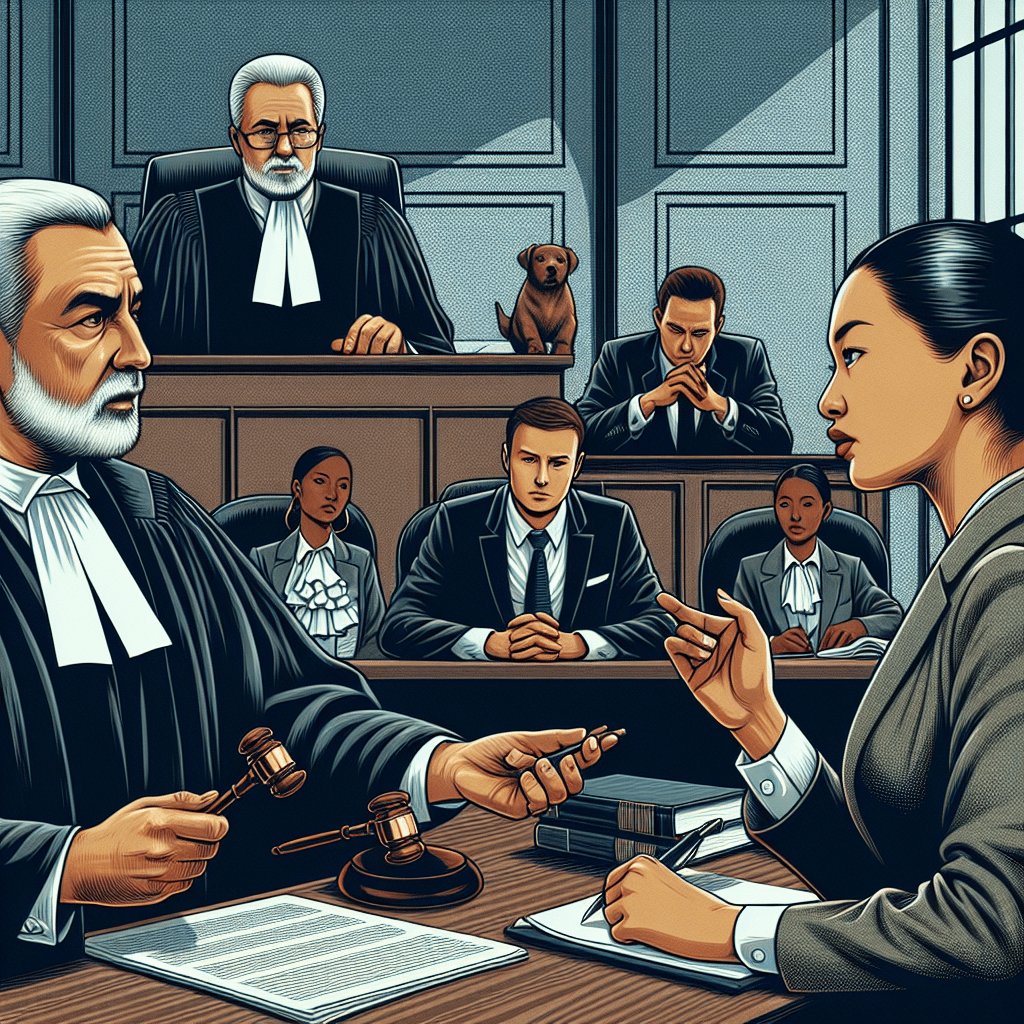Navigating the criminal justice system can be a daunting experience, especially when it comes to making critical decisions like entering a plea. If you’ve pleaded guilty in a criminal case and now regret that choice after sentencing, you might find yourself wondering, “Can I withdraw my guilty plea?”
The short answer is: Yes, it is possible, but it’s typically challenging once sentencing has occurred. Let’s delve into the process, the legal standards involved, and practical tips for those seeking to explore this option.
Understanding a Guilty Plea
When you plead guilty in a criminal case, you’re essentially admitting to the crime and waiving several important rights, including the right to a trial. Generally, this plea is part of a plea bargain—a deal with the prosecutor to receive a lesser charge or sentence in exchange for the admission of guilt. Once sentencing is imposed, the case reaches a level of finality, making it difficult to alter the plea.
Legal Grounds for Withdrawal
Withdrawing a guilty plea after sentencing is not straightforward. Generally, courts will only allow it under exceptional circumstances. Here are a few scenarios where it might be possible:
1. Ineffective Assistance of Counsel: If you can prove that your attorney failed to provide competent legal representation, which resulted in a plea that wasn’t truly knowing or voluntary, the court may reconsider your plea. For instance, if your lawyer didn’t inform you of the crucial consequences of pleading guilty, such as potential immigration impacts, this might be considered ineffective assistance.
2. Involuntary Plea: A plea must be voluntary. If you can demonstrate that your plea was coerced or made under duress, you might have grounds for withdrawal. This could occur if, for example, you were pressured by the prosecution or your own counsel into pleading guilty without understanding the full implications.
3. New Evidence: In rare cases, if significant new evidence surfaces that could exonerate you, it might be grounds to withdraw the plea. This evidence would need to be substantial enough to convince a court that it could potentially lead to a different outcome if presented at trial.
The Process of Withdrawal
To start this process, you’ll typically file a motion to withdraw the plea. This motion must clearly articulate the reasons why the withdrawal is justified. Success hinges on demonstrating a legitimate legal basis aligned with one of the grounds mentioned above.
Practical Tips
- Consult an Experienced Attorney: Given the complexity and difficulty of withdrawing a plea post-sentencing, seek legal advice from an attorney with relevant experience in post-conviction relief. They can evaluate the merits of your situation and guide you through the process.
- Gather Evidence: Whether it’s documentation showing ineffective assistance, communication indicating coercion, or new exculpatory evidence, having organized and compelling documentation will strengthen your case.
- Act Promptly: Timing can be critical. The longer you wait to file a motion after sentencing, the harder it may be to convince a court to grant your request.
Consider All Options
If withdrawing your plea proves to be an implausible solution, there are other avenues to consider. For instance, filing an appeal or seeking a sentence modification might offer relief. Each route has its own set of rules and time constraints, making professional legal guidance even more critical.
Final Thoughts
While withdrawing a guilty plea after sentencing can be difficult, it’s not impossible. Understanding the legal framework and promptly seeking professional legal advice can significantly increase your chances of mounting a successful challenge. Remember to thoroughly consider your situation, gather necessary evidence, and explore all available legal options.
The criminal justice system, while complex, does provide mechanisms for addressing certain errors and injustices if approached with due diligence and expert guidance.








